York College Students Uncover Impacts of COVID-19 in Podcast Production
/prod01/ycp-cdnpxl-media/media/york-website/academics-school-art-communication-global-studies/spotlights/Heather-Fiore-'21.jpg)
WVYC Radio Station Manager and Lecturer Jeffrey Schiffman’s Special Topics class focused on podcasting and interviewing people from different sectors in the community on their pandemic perspectives.
It’s one thing to turn on the news or scroll through a social feed and hear about the impacts of COVID-19. It’s another to be asking the tough questions and uncovering those stories yourself. For students at York College of Pennsylvania, a Special Topics class taught by Jeffrey Schiffman, WVYC Radio Station Manager and Lecturer, tasked them with documenting the way COVID-19 has changed lives with a focus on podcasting.
Justin Rosenberger ’22 knew that interviews with friends and family were off limits. Rather, he had to reach outside of his comfort zone and find new people to interview for the series. So, he tapped into a different network: His church. Through members of the congregation, he found business owners who were willing to share their stories.
“I was really excited about the opportunity to document something that had touched so many lives,” Rosenberger says. “These stories are important in so many ways.”
A series of businesses
Rosenberger interviewed owners from three different businesses—an electronic business, a tavern, and an auto garage. He set up interviews with each subject in March, just as things were starting to open back up and people were engaging a bit more with one another as vaccines rolled out.
He was able to visit the businesses and record audio outside, capturing natural sounds that would set the scene in his podcast episodes. While each of the businesses were in operation at the time of the interview, they had all faced a time when they were either closed or had experienced another disruption in service during the pandemic.
Each one expressed concern over the situation, Rosenberger says, but the tavern owner was the most emotional. He felt there were parts of the shutdown that could have been handled differently. It was clear he had worried quite a bit over the success of his business and if he’d lose everything he had built over the years.
“You could really sense his emotion in the audio,” Rosenberger says. “It was the most compelling story, and you felt for him.”
Healthcare views
Heather Fiore ’21 was given the task of interviewing people who worked in healthcare during the pandemic. She struggled at first to find her subjects, as many people were still working extra hours or feeling burnout from COVID-19. Some were even hesitant to be recorded.
Fiore conducted her interviews over Zoom, which seemed the most convenient and safest method for the Mass Communication major. Her three subjects talked about the struggles with telehealth appointments, what it was like to wear so much protective equipment, and how one even spent time away from her family, sleeping in a hotel to make sure they weren’t exposed. One person quit their job because it was too much for their mental health.
“It was tough to hear a lot of it,” Fiore says. “I had to learn to separate myself from some of the context because it can really weigh you down. It was a good learning experience in that regard. Sometimes capturing emotional stories can be challenging.”
The impact on many
Through the interviews, students were reminded that COVID-19 impacted nearly everyone. Whether it was healthcare workers directly treating patients, business owners fighting for their livelihoods, or other students working through the constant changes, COVID-19 was responsible for all of it.
“I’m grateful for the opportunity and honored that people felt comfortable to speak to us,” Fiore says. “It really showed me how important these types of stories can be. It’s important we capture them.”
/prod01/ycp-cdnpxl-media/media/york-website/academics-school-art-communication-global-studies/film-media-crop.jpg)
